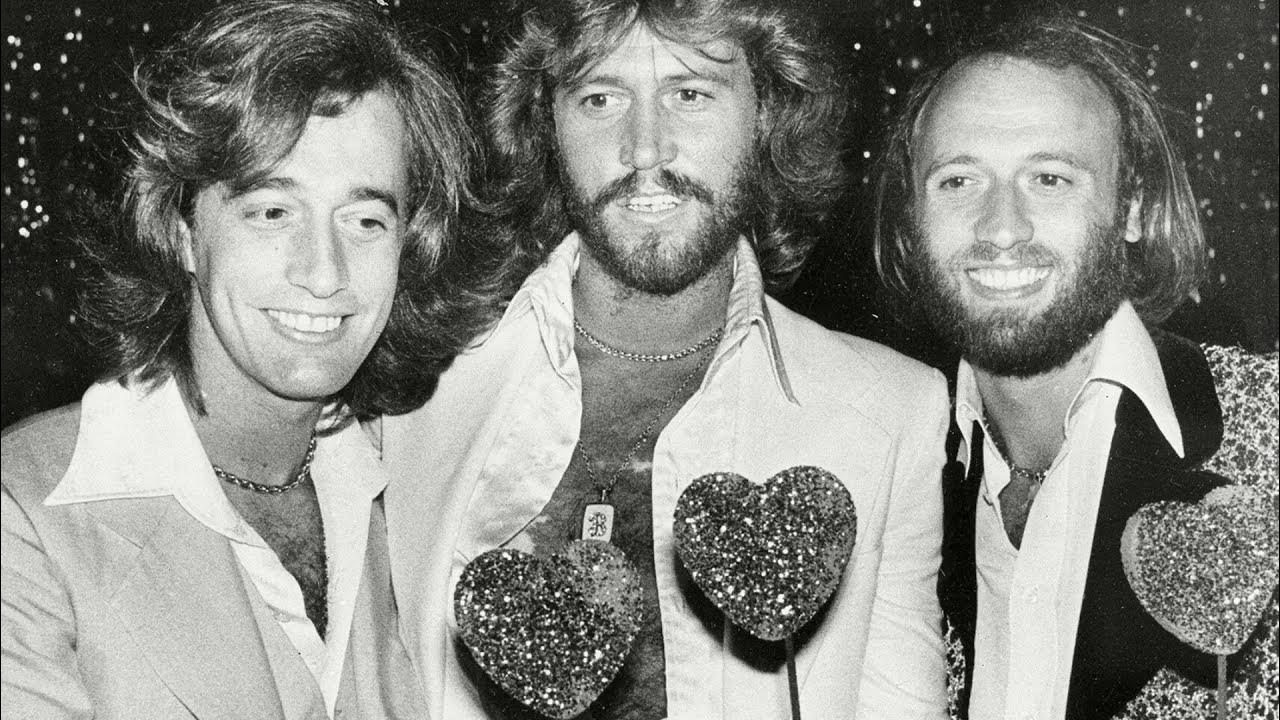
A last-minute confession set to velvet harmonies—“message” as mercy, ticking down to the final second.
In August 1968, the Bee Gees released “I’ve Gotta Get a Message to You” as a single (with “Kitty Can” as the B-side), and it quickly became one of those records that feels like it’s in a hurry because life is. In the UK, it first entered the Official Singles Chart on 13 August 1968 at No. 27, then climbed to No. 1 on 10 September 1968, holding the top spot for one week—an unarguable “arrival” moment in their early career. In the US, it debuted on the Billboard Hot 100 dated 17 August 1968, and later peaked at No. 8—their first US Top 10 hit.
Those facts are the spine. But the song’s beating heart is the story it tells.
“I’ve Gotta Get a Message to You” is written like a short film with no wasted scenes: a man on death row, awaiting execution, begs a prison chaplain to deliver one final message to his wife. It’s an extreme premise, almost too stark for pop—yet that’s exactly why it lands. The Bee Gees don’t treat the condemned man as a monster or a headline; they treat him as a human being who has finally run out of time to hide from what he feels. According to the song’s documented background, Robin Gibb said the narrator’s crime was the murder of his wife’s lover (a detail not stated outright in the lyric), and he described the “urgency” as central to the writing—like “writing a script,” where the final minutes suddenly spark into something inevitable.
And that urgency is audible. The opening feels like footsteps in a corridor—measured, but unstoppable. Then come those harmonies, so deceptively beautiful they almost soften the scene… until you realize the beauty is the point. When people are frightened, they don’t always speak in poetry. Sometimes they speak in simple, pleading sentences—and the Bee Gees wrap those sentences in melody the way you might wrap a letter you’re not sure will ever be opened. It’s the strange kindness of great pop: it can make terror singable without making it trivial.
There’s also a poignant “what-if” in the song’s history. The Gibbs reportedly wrote it with Percy Sledge in mind—a voice built for regret and last-chance truth. Sledge did record it in February 1970, though that version wasn’t issued in the US at the time. Even without hearing Sledge, you can sense why they imagined him: the lyric needs a singer who can sound both guilty and tender, broken and still reaching. The Bee Gees achieved that by leaning into restraint—especially in the way the lead vocal carries the message not as melodrama, but as a desperate courtesy: please… before it’s too late.
The record’s release path adds another layer of period texture. In the UK, “I’ve Gotta Get a Message to You” was issued as a single only, while in the US it appeared on the American edition of Idea (it replaced “Such a Shame” on that configuration). That difference matters emotionally: UK listeners met the song as a self-contained drama—three minutes of darkness and grace—whereas US listeners encountered it as part of an album world, another room in the same house of late-’60s Bee Gees longing.
What does the song mean, beyond its plot? It’s about the one thing pride can’t survive: the end. So many love songs are written from the safe distance of “maybe.” “I’ve Gotta Get a Message to You” is written from the cliff edge of “now.” It understands that affection is not only roses and promises. Sometimes it’s a message sent from a place you never imagined you’d be—an apology too late, a truth too late, a love you thought would wait. The “message” becomes symbolic: the final proof that, underneath the wreckage of choices, the heart was still capable of tenderness.
And perhaps that is why the song’s chart success—UK No. 1 (10 September 1968), US No. 8—still feels secondary to its emotional success. Because once you’ve heard it, you don’t only remember the hook. You remember the feeling of a door closing somewhere down a long hallway… and a man calling out, not to be saved, but to be understood—just once—before the lights go out.